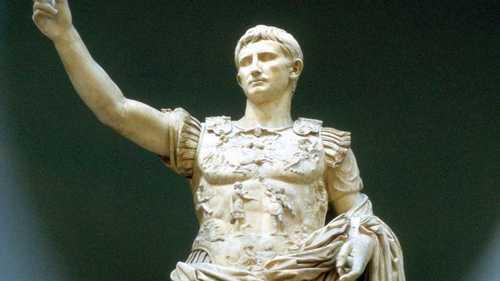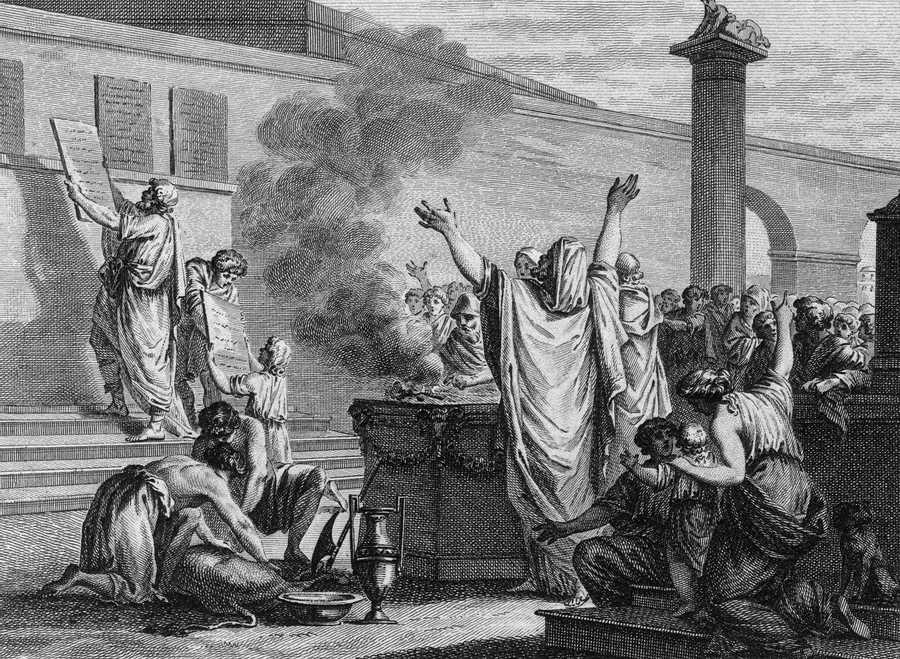Explore the World's Best Ideas
Join today and uncover 100+ curated journeys from 50+ topics. Unlock access to our mobile app with extensive features.
Roman law - the basis for law codes of most countries
Roman law of ancient Rome has affected the development of law in most Western civilisation and parts of the East.
It is the foundation for law codes of most countries of continental Europe (civil law) and derivative systems elsewhere.
35
486 reads
Development of civil law and international law
- Civil law (jus civile) developed during the Roman republic (753-31 BCE). The law was based on custom or legislation and applied only to Roman citizens. Foreigners had no rights unless they were protected by some treaty between their state and Rome.
- By the mid 3rd century BCE, international law (jus gentium) was formed by the Romans and applied to themselves and foreigners. This law was developed by the magistrates and governors who were responsible for administering justice where foreigners were involved.
32
178 reads
Written law and unwritten law
The Romans divided their law into written and unwritten law.
- Written law (jus scriptum) means laws gathered from legislation and laws based on a written source.
- Unwritten law (jus non scriptum) means custom.
37
692 reads
Various types of written Roman law
- The first consisted of leges or enactments of one of the assemblies of the whole Roman people.
- The dicta (edicts) or proclamations were issued by a superior magistrate (praetor) on judicial matters.
- The senatus consulta were resolutions of the Roman senate. They carried no legislative force during the republic but could be given power by the magistrates' edicts.
- The constitutiones principum were expressions of the legislative power of the emperor.
- The responsa prudentium were answers to legal questions by leaned lawyers.
32
175 reads
IDEAS CURATED BY
Laksh Bedi's ideas are part of this journey:
Learn more about history with this collection
Leonardo da Vinci's creative process
How to approach problem-solving like da Vinci
The importance of curiosity and observation
Related collections
Similar ideas
1 idea
Western Roman Empire
worldhistory.org
7 ideas
Ancient Rome
worldhistory.org
5 ideas
What was life like in ancient Rome?
bbc.co.uk
Read & Learn
20x Faster
without
deepstash
with
deepstash
with
deepstash
Personalized microlearning
—
100+ Learning Journeys
—
Access to 200,000+ ideas
—
Access to the mobile app
—
Unlimited idea saving
—
—
Unlimited history
—
—
Unlimited listening to ideas
—
—
Downloading & offline access
—
—
Supercharge your mind with one idea per day
Enter your email and spend 1 minute every day to learn something new.
I agree to receive email updates

